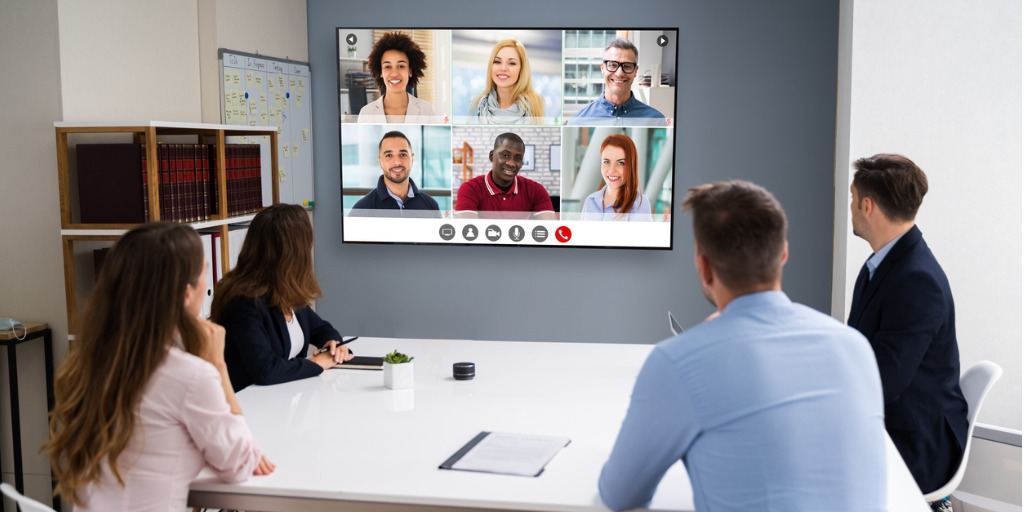Assessing early careers program providers: Fifteen questions to ask
Are you assessing early careers program providers? If so, there are a few important areas you should gather more information on before making your final decision.
These areas are:
- Relationship management
- Technical support
- Practical learning content
- Instructor quality
- Return on investment
- Rollout speed/adaptability to change
- Modern-day learning content
This article explains the importance of each of the above areas and suggests questions you should ask when assessing new hire onboarding program providers so you can deliver a meaningful early careers program to your new recruits.

Relationship Management
Pivotal to the success of your early careers program will be the relationship you have with your vendor.
A strong vendor relationship allows for a cohesive early careers program to be developed, managed, and delivered in a collaborative manner with input from the relevant parties, ultimately resulting in the best possible new hire onboarding experience for your organization and learners.
Technical Support
The world of work is now predominantly digital, and while this brings with it a series of opportunities for early careers program, it is also unfamiliar territory for many. As a result, there will be an increased need for support as program managers navigate this new normal.
When these issues arise, does your vendor have the technical resources to address any queries you might have?

Practical Learning Content
Practical learning exercises baked into your early careers program can make the experience more relatable to your intake.
Using scenario-based exercises, you can prepare your new hires for their work in a transferable way. Through the completion of these practical-focused exercises, new hires know what to expect when they make the transition from learning to doing.
Instructor Quality
If delivering a virtual workshop, often the quality of instructor will make or break the session.
You should work with a learning solution vendor known for using engaging, knowledgeable, and experienced instructors who can adapt a session depending on their audience. This will increase the likelihood of success of your new early careers program.

Return On Investment
Yes, you want your audience to be engaged and to learn, but even the most captivating session will mean nothing to your organization if it does not provide a return on investment.
When it comes to learning transfer, it can be difficult to track and measure. While a lot of your program success might be measured using subjective data rather than objective and directly applied metrics, this does not make it any less valuable.
Rollout Speed/Adaptability To Change
Since the pandemic, many program managers were left with the unenviable task of having to adapt an on-site program to a virtual environment. Taking this into account, rollout speed and adaptability to change are now more important than ever.
It may not be on the same scale as a global pandemic, but unexpected change is inevitable and both you and your new hire onboarding provider should be adaptable should unusual situations arise.
For example, if your vendor is due to deliver a virtual workshop in the morning, but the instructor falls ill, what is the contingency plan?

Modern-Day Learning Content
Modern-day learning providers provide modern-day learning content. This learning could take the form of workshops on:
Conclusion
In conclusion, there are several key areas of your early careers program you should gain more information on before making a final decision on a vendor. The questions you ask related to these areas will be key when making your final decision on who is tasked with rolling out your program.
With over 35 years of experience in the world of finance, Intuition will work with you to develop a financial onboarding solution capable of meeting your new recruits’ every need.


